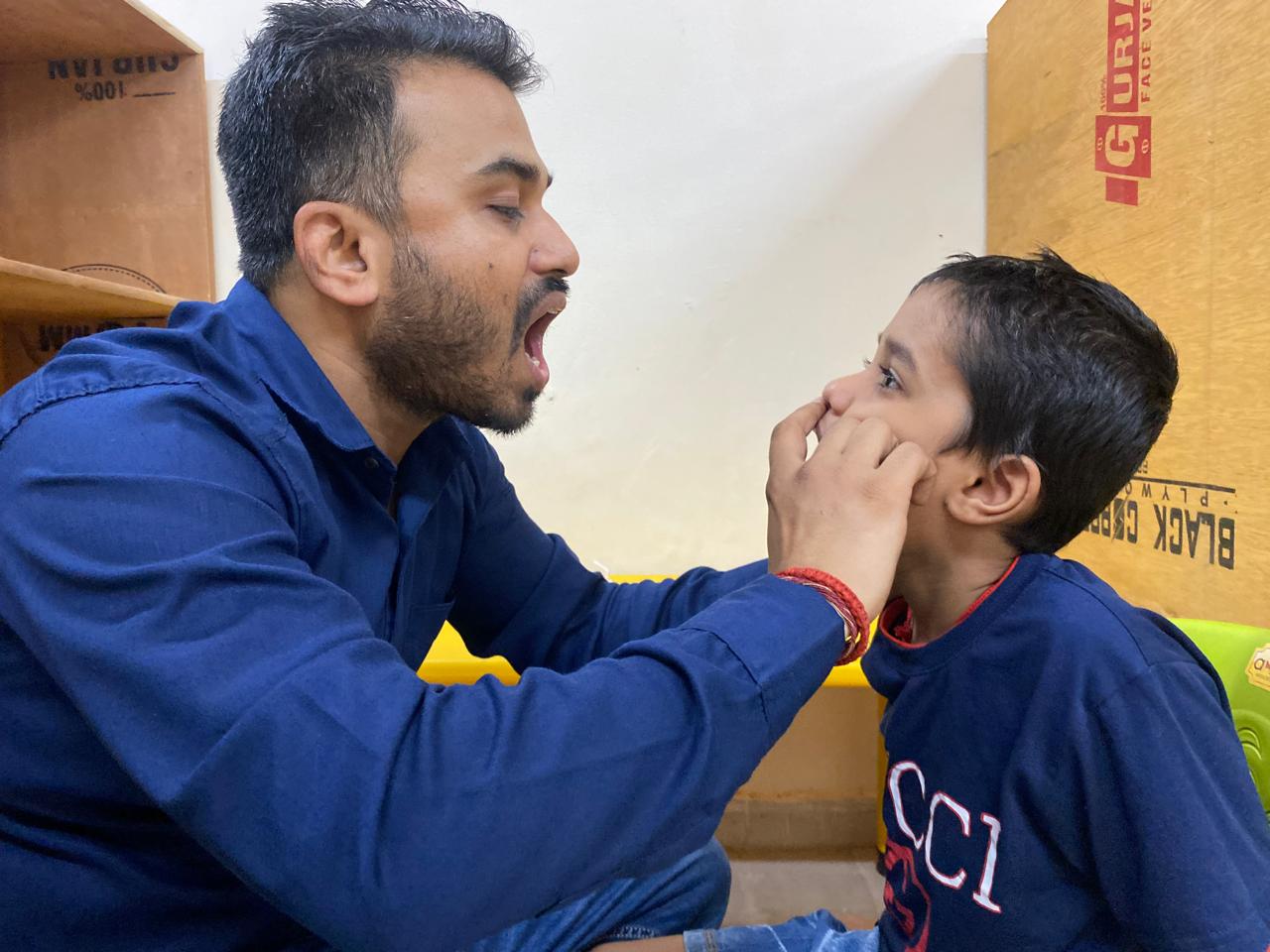Global Development Delay
Introduction
Search Engine Optimization (SEO) is crucial for driving organic traffic to websites. As a web developer, understanding and implementing SEO practices is essential for creating websites that not only look great but also perform well in search engine rankings. This guide provides web developers with the necessary knowledge and tips to improve a website's SEO.
Table of Contents
-
Understanding SEO
- What is SEO?
- Why SEO Matters for Websites
- The Role of Search Engines
-
Keyword Research and Analysis
- Identifying Relevant Keywords
- Keyword Tools and Research Techniques
- Competitive Analysis
- Long-Tail Keywords
-
On-Page SEO
- SEO-Friendly URL Structures
- Title Tags and Meta Descriptions
- Heading Tags (H1, H2, H3)
- Keyword Placement and Density
-
Technical SEO
- Website Speed and Performance
- Mobile Responsiveness
- HTTPS and SSL Certificates
- XML Sitemaps and Robots.txt
-
Content Optimization
- High-Quality, Unique Content
- Optimizing Images and Multimedia
- Internal and External Linking
- Schema Markup for Rich Snippets
Conclusion
As a web developer, integrating SEO best practices into your workflow is fundamental to the success of your websites. By following the tips and techniques outlined in this guide, you can create web experiences that not only look great but also perform well in search engine rankings, attracting organic traffic and helping your clients or businesses succeed online. Keep in mind that SEO is an evolving field, so staying up-to-date with the latest trends and search engine algorithms is essential for sustained success. Good luck on your journey to becoming a web developer well-versed in SEO practices!







